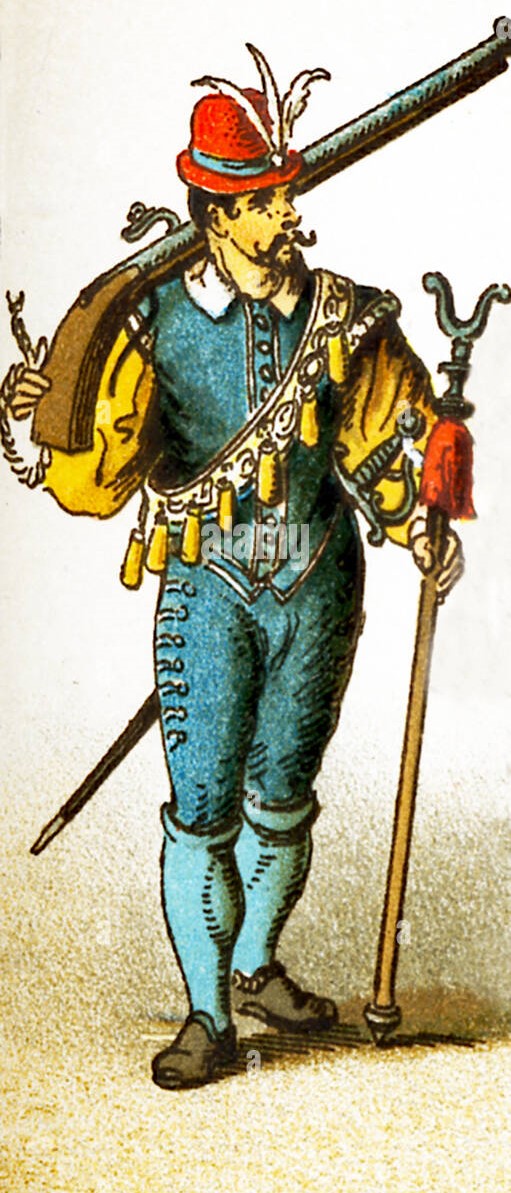Systems are Important Because They are Setting
As a note all of this is irrelevant compared to finding the right table for yourself. The right players and GM who share your goals are always more important then anything else.
I have seen a trend in recent ttrpg spaces especially on Discord and a bit on twitter that talks about how systems really don't matter much and people should focus much more on making adventures then systems. They say a good adventure is good pretty much regardless of what system you play it in thus the system doesn't really matter.
This is a partially correct take. It however leaves a poor understanding in lay persons about what you are saying.
What I thought when I first heard the mantra of systems don't matter was that I might as well have stayed playing 5e when I picked up Winter's Daughter or I could absolutely run The Moathouse in Palladium's Robotech TTRPG because system doesn't matter. While you can do that you are heavily doing yourself and your players a disservice. Many of us play in the OSR because 5e didn't scratch the itch well for gritty dungeon delving where risks are real and we are but mere men in the face of danger. This is where a statement about systems being as important to the game as the temperature of the room comes in. Not important at all until it is all you can think about.
What they mean to say is the specific dice mechanics you use to decide if you hit or not or even if you roll to attack or just use a damage mitigation system on automatic hits doesn't really matter. That is just what amount of crunch do you want to use to simulate things at your table.
However the understanding the majority of GMs and players in the ttrpg space has of what a system is goes well beyond that and that is where the inherent setting of systems comes in.
Wolves Upon the Coast is a major example of this. Basic mechanics are mostly just OD&D with a few changes to how things like initiative work and stripping out classes. This seems small but the mere act of stripping out classes from your game provides a ton of world building. It immediately says people all are near the same. They have no predestined roles they will fill. They are who they make themselves. In OD&D a magic user is always a magic user. They never will become a great swordsman or cure the sick and wounded of a land outside willful disregard of the system itself (which most people don't do even experienced GMs often shirk at this ask).
Past this you have even more blatant examples like how magic works in the setting. A cleric being blessed with being able to miraculously cure the sick once a day builds a very different world then one where you have to bleed a troll and bathe in the blood to cure the sick once. Those are two extremely different worlds.
Then you have how people progress in the world. In most OSR games it is via the accumulation of wealth. It is a very capitalistic view of the world. Anyone can become important if only they have enough money. In Wolves it doesn't matter how much money you have. It matters the stories people tell of you. Random wealthy merchant doesn't have as much sway as The One who Silenced the Screaming Rock or She Who Claims the Head of the Dragon. This is world building it isn't just incentives to players to play in certain ways. It directly says what your setting views as important.
Some people will cry out and say you shouldn't have any incentives here and that this is unnecessary. I strongly and emphatically disagree. Giving guidance to players on what is important in the world is an amazing way to get them into knowing how the world works. Cairn is good because you can put it anywhere with it's lack of inbuilt character progression. It will not help push a setting over the top from good to great that a custom made system like Wolves with its system and setting combo does. In fact not having clear guidance for what you should do has left many players bouncing off of games in my experience. THIS DOES NOT MEAN THEY ARE BAD PLAYERS.
Equipment lists are another example. Add a gun to B/X equipment list and the world suddenly shifts a fair bit. The exact play doesn't but Dolmenwood goes from an 11th century affair in most peoples minds to probably something more 16th century in flavor. Those guards are dressed like this

and not this

These don't break the game but they paint a different picture and it helps you get exactly what you want out of a setting. Thus they "make the setting" it helps make it fit ever closer to what you want exactly out of your game.
All this is saying is when something has a system predesigned for it please try it as written. If that doesn't work for you please make changes and don't be afraid to drastically scrap what you have already as a system. The system is as much a tool for building the world and as any hex description.